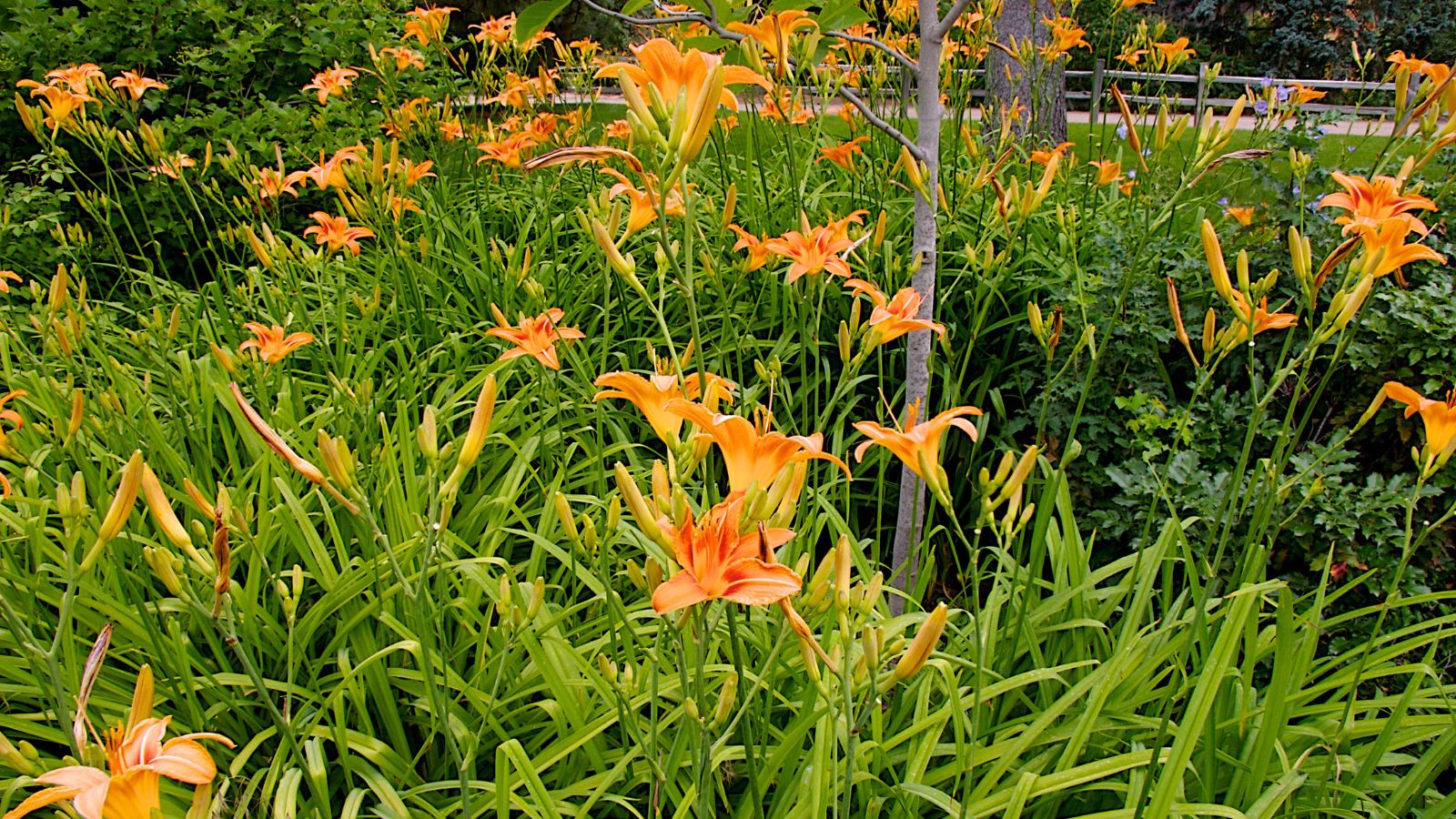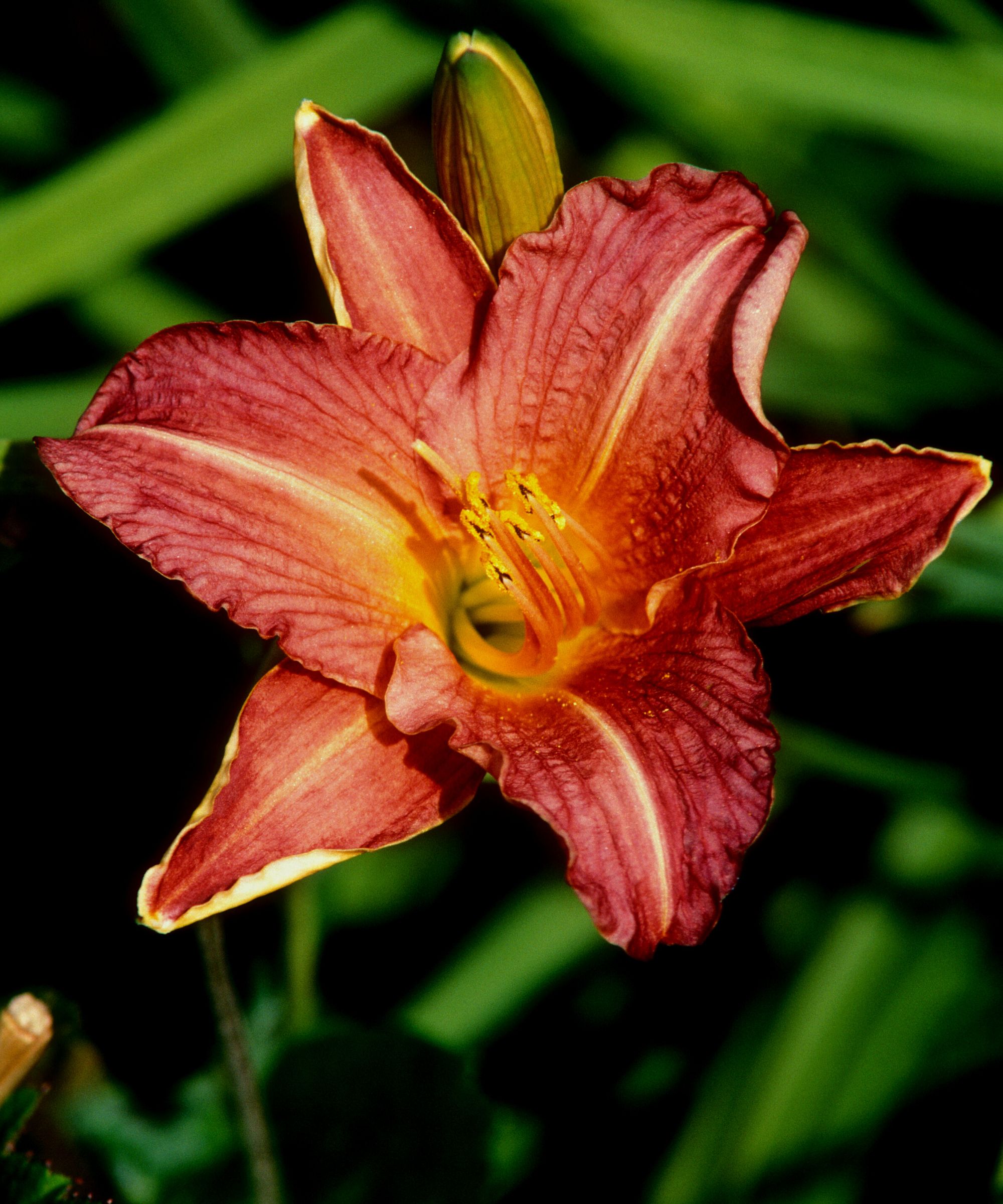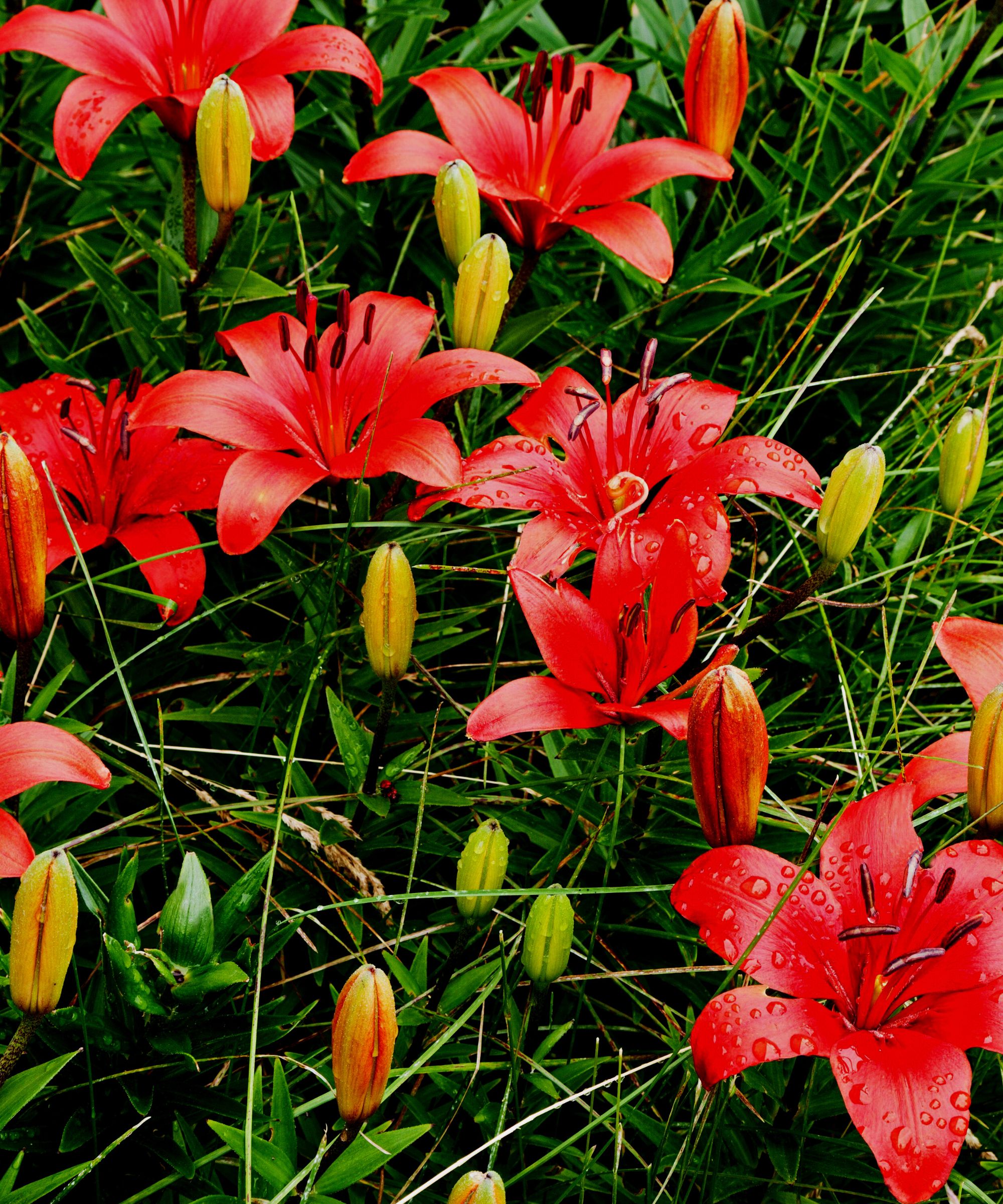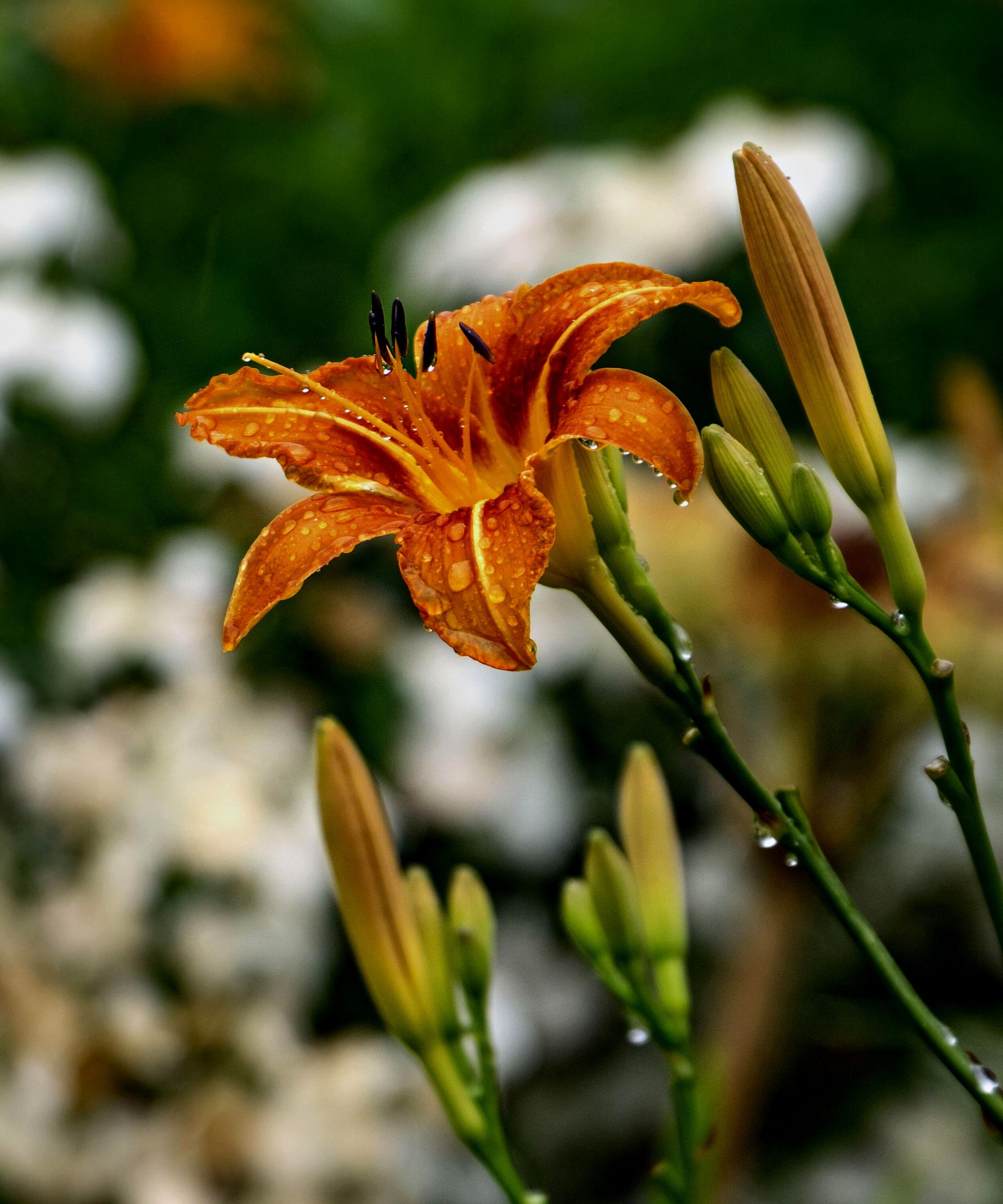Should you cut back daylilies in the fall? Experts offer their advice for this perennial plant
Expert advice for the best time to cut back daylilies and how to prune them properly


Design expertise in your inbox – from inspiring decorating ideas and beautiful celebrity homes to practical gardening advice and shopping round-ups.
You are now subscribed
Your newsletter sign-up was successful
Want to add more newsletters?

Twice a week
Homes&Gardens
The ultimate interior design resource from the world's leading experts - discover inspiring decorating ideas, color scheming know-how, garden inspiration and shopping expertise.

Once a week
In The Loop from Next In Design
Members of the Next in Design Circle will receive In the Loop, our weekly email filled with trade news, names to know and spotlight moments. Together we’re building a brighter design future.

Twice a week
Cucina
Whether you’re passionate about hosting exquisite dinners, experimenting with culinary trends, or perfecting your kitchen's design with timeless elegance and innovative functionality, this newsletter is here to inspire
Daylilies are incredibly carefree perennials with the plants growing quickly and surviving some of the harshest conditions from pests to disease. So should you cut back daylilies in the fall?
If you know how to grow daylilies you will understand that these plants typically require very little care to allow them to thrive. Despite thriving best in full sun, these plants will also grow well in part shade, in soil, or in pots equally. There is even no set answer for when to plant daylilies as these flowers can establish themselves throughout the year. Pruning these perennials, then, is yet another added but not totally necessary step to help foster the most flowers.
Here, we talk to gardeners about whether you should cut back daylilies in the fall and if so how to go about it.
Should you cut back daylilies in the fall?
'You can certainly cut your daylilies in mid to late fall,' says Rachel Crow, garden editor for Homes & Gardens, 'but it is not necessary for a perfect plant.'
Unlike pruning hydrangeas, daylilies are hardy plants that benefit more from being dead-headed than completely cut back at the end of their growing season, making them a much lower maintenance plant. 'Cutting back daylilies is more a garden ideas clean up a task that will help to prevent a build-up of fallen debris in your flower bed ideas,' Rachel continues. 'This helps to reduce shelter or food for pests.'
If you do choose to cut daylilies back in the fall, start pruning daily and deadheading your plant as the flowers brown, dry up, and die away. If you want to put the plant back entirely, wait until the first hard frost of the year before cutting back leaves.

The effect of pruning dayliles
Cutting back daylilies can be done to help the plant grow more efficiently in the following spring. This is thought to provide you with more bright blooms in the spring and summer.
Design expertise in your inbox – from inspiring decorating ideas and beautiful celebrity homes to practical gardening advice and shopping round-ups.
The main benefit of cutting back daylilies is to tidy up your garden and make the plants look nicer or control their size or shape a little.

How to cut back daylilies in the fall
Much like deadheading roses, you should cut the flower stalk off of the plant as the blossoms fade. 'When pruning and deadheading, always make sure to use clean shears to prevent the spread of disease around your backyard ideas,' Rachel advises. 'Whether you want to remove the stems is down to personal choice,' she adds. 'If you do not want your plant to produce seeds trim the stalk down, leaving three to four inches above the ground to prevent inviting pests and disease.'
Leaving your plant to produce seeds can be great if you know how to collect and store seeds from your garden plants, however, the seed-producing process can drain energy from your plant that it may need to grow abundant blooms the following year.
'Leave the leaves alone when pruning your daylilies,' Rachel warns. 'Your plant needs the foliage intact in order to photosynthesize and build up roots and strengthen the plants to survive the winter.'
When pruning plants, always remove cut-off sections from your waste bin or compact to prevent mold, disease, and pests in your garden.

How do you prepare daylilies for winter?
Daylilies enter a dormant phase in the winter as the flowers die back and the plant begins to store energy for the following year's bloom. Pruning your plant once the flowers have died back will both tidy up your garden as well as help the plant prepare for the following season. Mulching your daylilies will also help to control weeds and the effects of winter frosts.
How do you care for daylilies in the fall?
Although daylilies require very little care, it is a good idea to give your daylilies a final round of fertilizer after the plant has finished blooming and before you decide to cut the plant back for the winter. This shall help to give your plant the best chance of blooming the following year.

Chiana is Homes & Gardens’ kitchen appliances editor. With a lifelong passion for cooking and baking, she grew up experimenting in the kitchen every weekend with her baking-extraordinaire Mom, and has developed a great understanding of how tools and appliances can make or break your ideal relaxing kitchen routine.